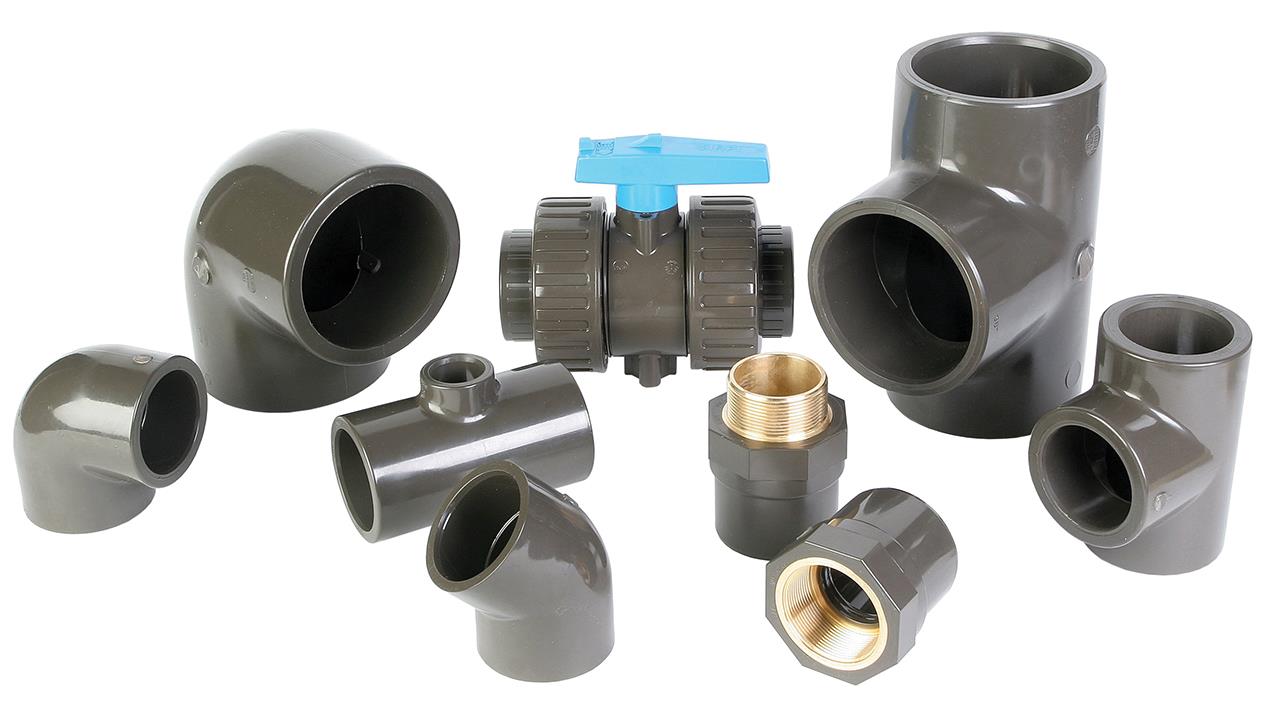

The comfort and safety of residents in any building relies on having access to the right temperature and pressure of water throughout. For many years, metal has been seen in the plumbing industry as the go-to choice for hot and cold water installations. However, while metal pipework does have its advantages, this isn’t to say that it is the only solution for the job.
A speedy installation
An important factor for consideration is the amount of time available for the system’s installation. A product that offers a speedier and more efficient install process would therefore be more desirable.
Here, plastic hot and cold pipe networks can often come out on top. Part of the speed of the installation comes from the fact that pipes can be jointed using simple and quick solvent weld processes, meaning fast and efficient jointing, and less need for specialist training. Since no hot work processes are required, safety on-site can also be improved considerably, through a reduced risk of fire.
The lightweight nature of plastic pipework systems, in comparison to their metallic counterparts, can further contribute to the safety of installation teams, making pipes and fittings easier to manipulate, on top of reducing the risk of manual handling injuries.
Long lifespan
As well as the installation process, it is important to consider what happens once construction on-site has finished. Ensuring that the product specified and installed offers durability and a long lifespan is key, both for a satisfied customer and to avoid call-backs further down the line.
When comparing the efficiency of plastic hot and cold supply systems to their metal equivalent, plastic systems can offer increased levels of durability and performance. This is primarily due to them being protected from the risks of corrosion that metal materials can be prone to.
Installing a durable and corrosion-resistant plastic pipe system can not only prolong the overall system’s lifespan, it can also reduce the likelihood of replacement parts being needed in future, as well as protecting against damage to buildings, their services, or their occupants.
Health and safety
Being resistant to corrosion, plastics can help to eliminate potential public health risks, removing the possibility of particles of rust and metal contaminating the water supply, making it unsafe for building occupants to drink.
What’s more, opting for an engineered plastic pipe system with a smooth bore (the internal pipe wall) means less opportunity for bacteria to find a home, reducing the chance of harmful quantities of bacteria later being released into the water supply.
Sustainability
The smoothness of the pipe’s bore can bring with it other system benefits too, such as ensuring an efficient flow of water and low frictional losses – all of which can help to maintain optimum pump efficiency and, in turn, reduce the operational carbon footprint of the building.
Sustainability is, rightly so, a big consideration within the wider construction industry, with clients wanting to ensure that their developments and projects are as efficient as possible.
If you'd like to keep up-to-date with the latest developments in the heating and plumbing industry, why not subscribe to our weekly newsletters? Just click the button below and you can ensure all the latest industry news and new product information lands in your inbox every week.